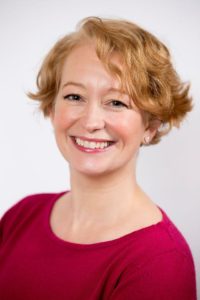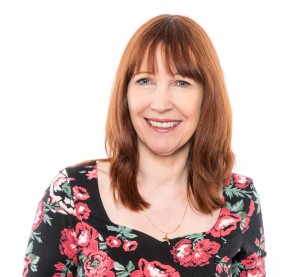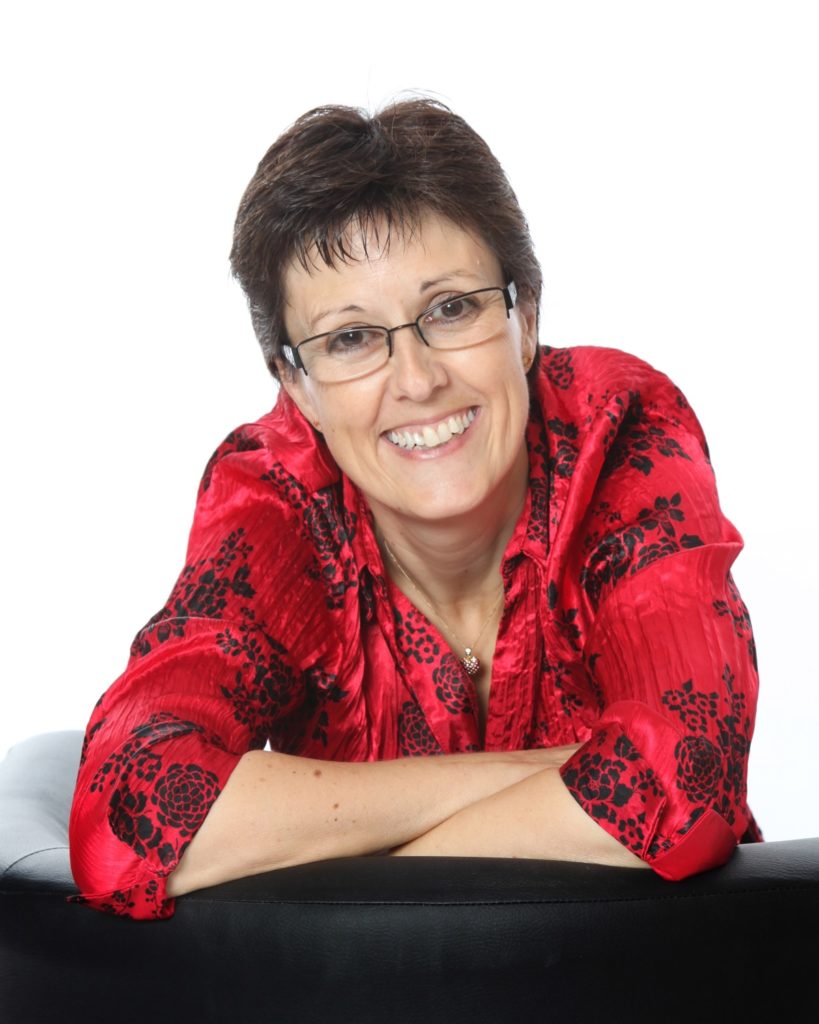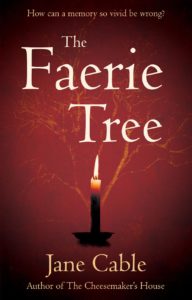Some writers consider their calling a business from day one – to others it comes as a complete surprise. But asking them to think about it has come up with some real pearls of wisdom we can all share.
On finding time to write:
“I’ve found the trick is to stay focused on the current work in progress while trying to fit all other aspects of my writing around it – and remembering to stop and eat occasionally. I can recommend writing retreats where I find working whilst gazing out to sea from my desk can be a welcome rest from my desk at home!” Elaine Everest
 “I have the same commitments as everybody else. I’ve had to be very disciplined and make time to write. I set several evenings a week aside and also write on weekends; I watch a lot less TV than I used to. When I’m working under deadline… I write any spare moment I can, whether it’s during lunch breaks or into the early hours of the morning.” Nikki Moore
“I have the same commitments as everybody else. I’ve had to be very disciplined and make time to write. I set several evenings a week aside and also write on weekends; I watch a lot less TV than I used to. When I’m working under deadline… I write any spare moment I can, whether it’s during lunch breaks or into the early hours of the morning.” Nikki Moore
On marketing:
“Networking with fellow authors and bloggers, and interacting with readers is so important. It builds relationships, and ultimately I believe that the business of books is about people.” Barbara Copperthwaite
“While I don’t normally spend much on book marketing, I did engage a publicist for my second novel. That probably helped get it into bookstores. It certainly spared me a lot of time and footwork.” Carol Cooper
On running a business:
 “I always remember my dad telling me that a new business takes an average of two years to make a profit. I went into self-publishing my books with that in the back of my mind, and very much thinking of it as an entrepreneurial venture. I ensured I had enough money behind me to survive for two years without making any profit at all.” Barbara Copperthwaite
“I always remember my dad telling me that a new business takes an average of two years to make a profit. I went into self-publishing my books with that in the back of my mind, and very much thinking of it as an entrepreneurial venture. I ensured I had enough money behind me to survive for two years without making any profit at all.” Barbara Copperthwaite
“It’s only recently I’ve converted my way of thinking to writing as a business, so I’m learning and in the process of developing the business model… In its simplest form: keep writing, keep engaging, and keep building my readership.” Laura E James
On diversification:
“I give talks about my writing to groups such as the Women’s Institute and to libraries. Sometimes I’m paid for the talks but they all give me an opportunity to sell paperback copies and also to collect email addresses of readers interested in hearing when my next book is out. I’d like to grow this side of the business in order to get a better return on the amount of preparation required to devise a talk.” Sally Jenkins
“I don’t have a formal business model, but writing full-time has given me the opportunity to take on different projects and I am now beginning to earn from a wider source than book sales. Writing short stories for magazines is a good way to supplement income and I have also taught a ‘writing a novel’ day course.” Heidi Swain
And the final word:
 “Keep writing. Be flexible. Be aware of the market. Be dedicated.” Karen King
“Keep writing. Be flexible. Be aware of the market. Be dedicated.” Karen King
In 2018 The Business of Books is running a new regular feature on best advice from authors and publishing professionals so there will be plenty more great ideas from the world of words.
Find out more about the authors featured above at:
http://www.romanticnovelistsassociation.org/about/author/elaine_everest
https://nikkimooreauthor.wordpress.com/
https://www.barbaracopperthwaite.com/
http://www.drcarolcooper.com/
http://www.lauraejames.co.uk/
https://sally-jenkins.com/
http://heidiswain.blogspot.co.uk/
http://www.karenking.net/



